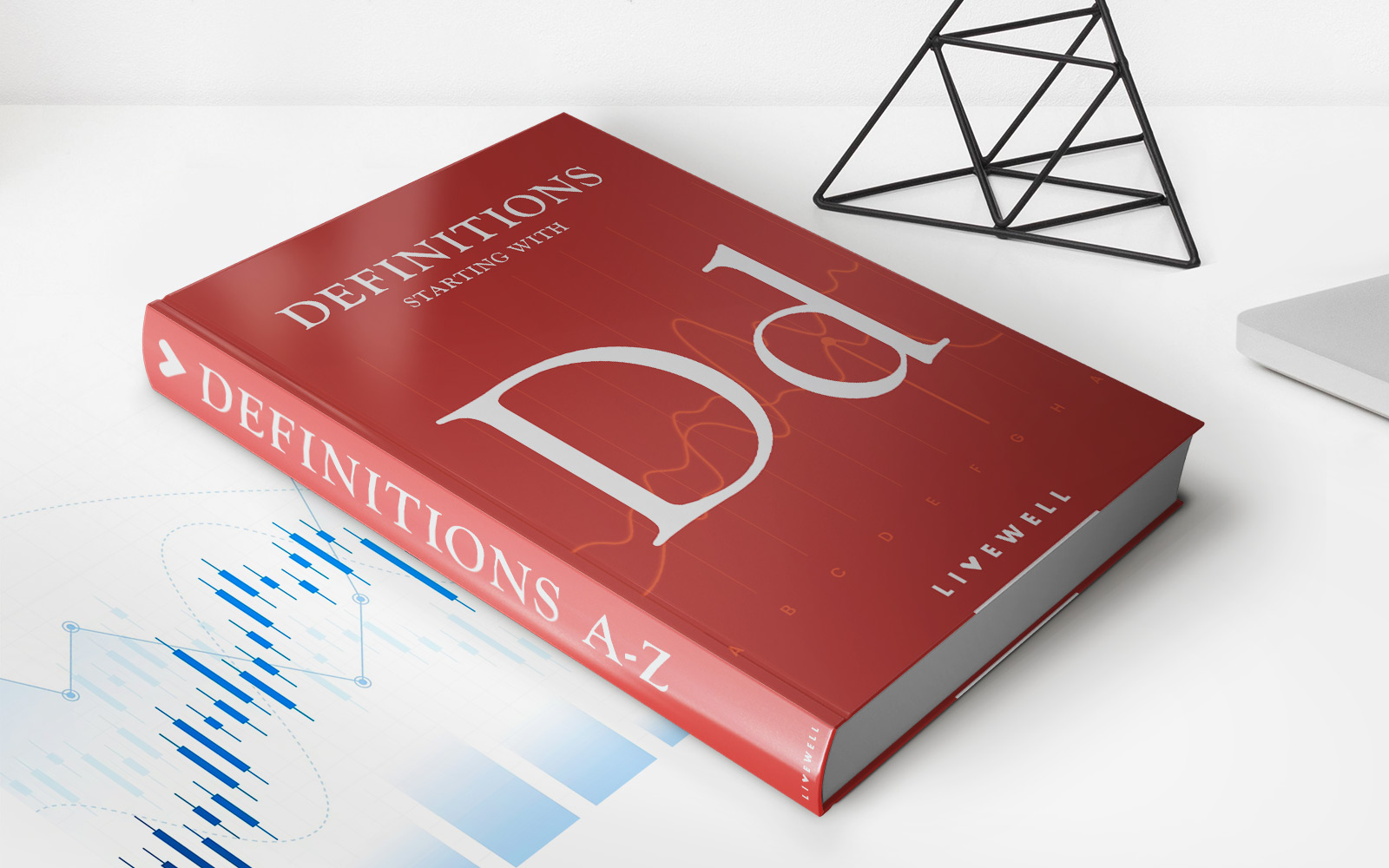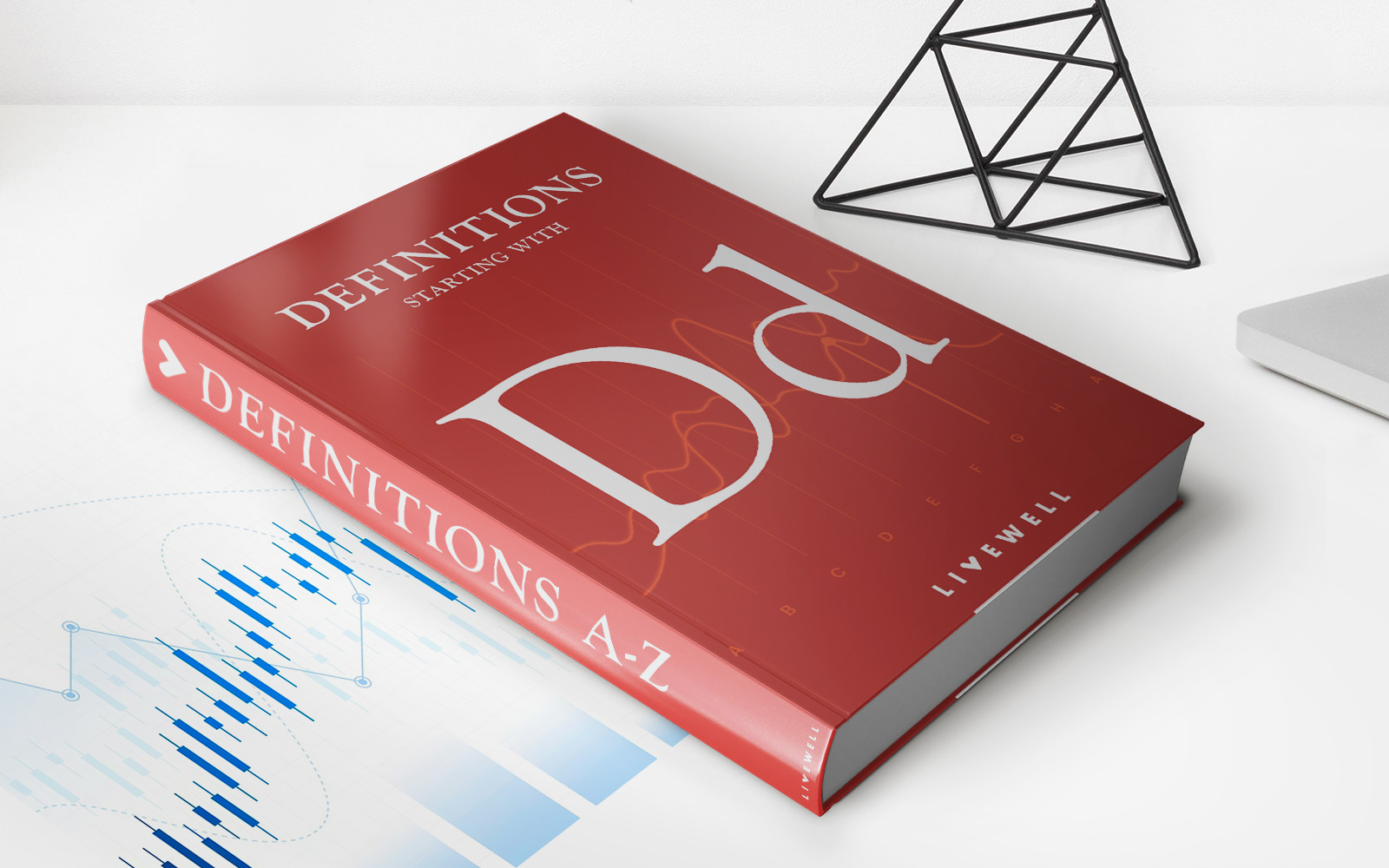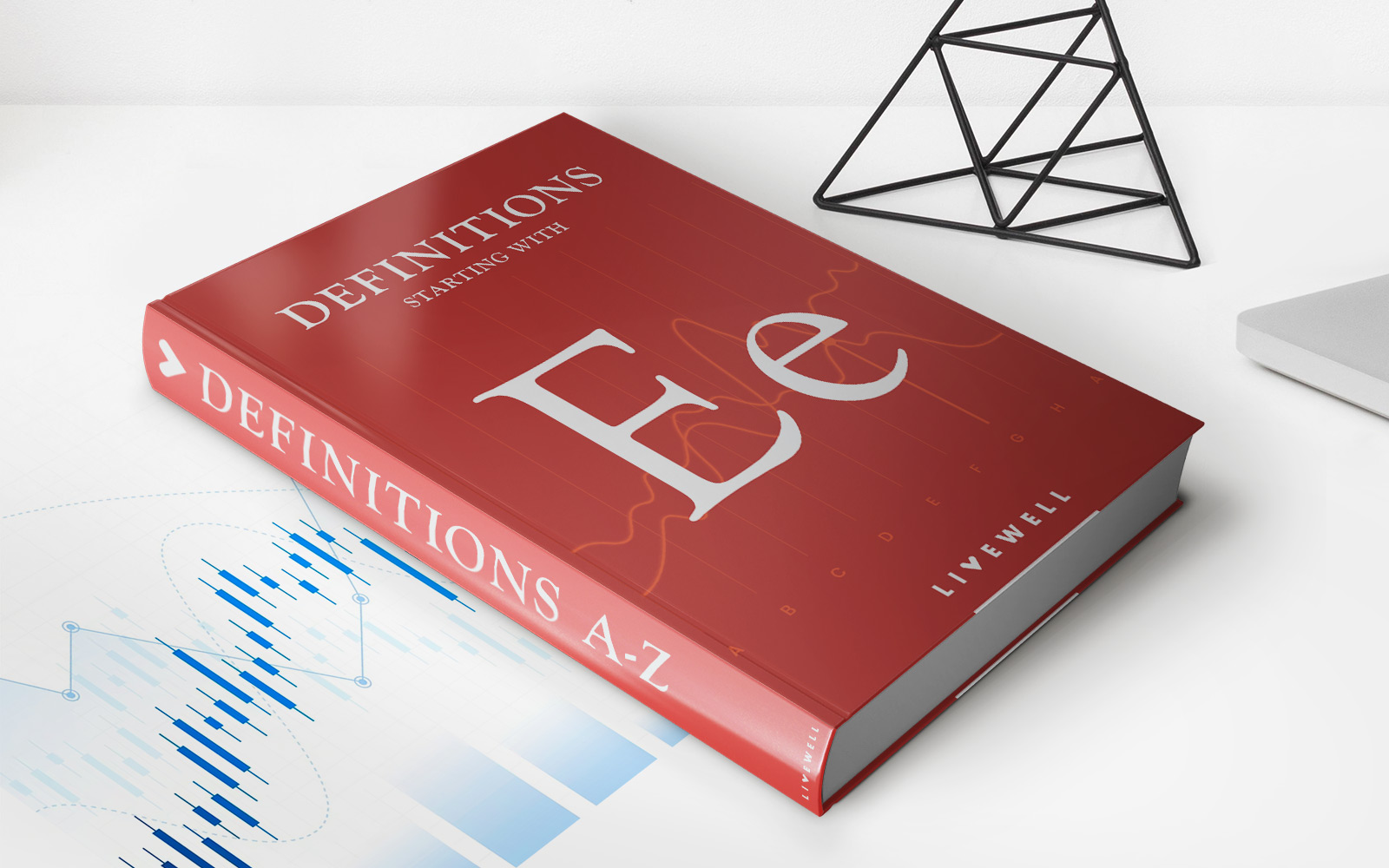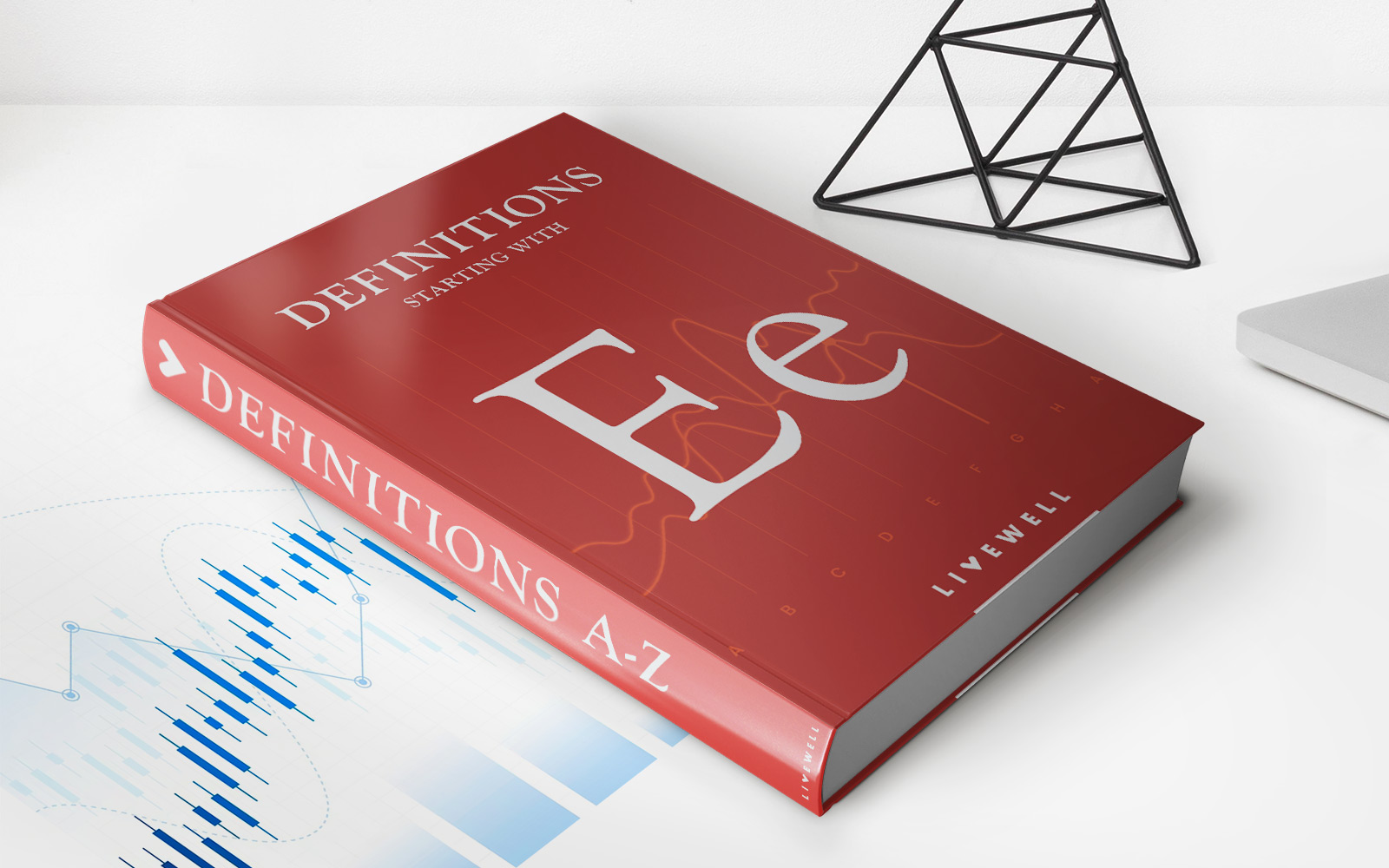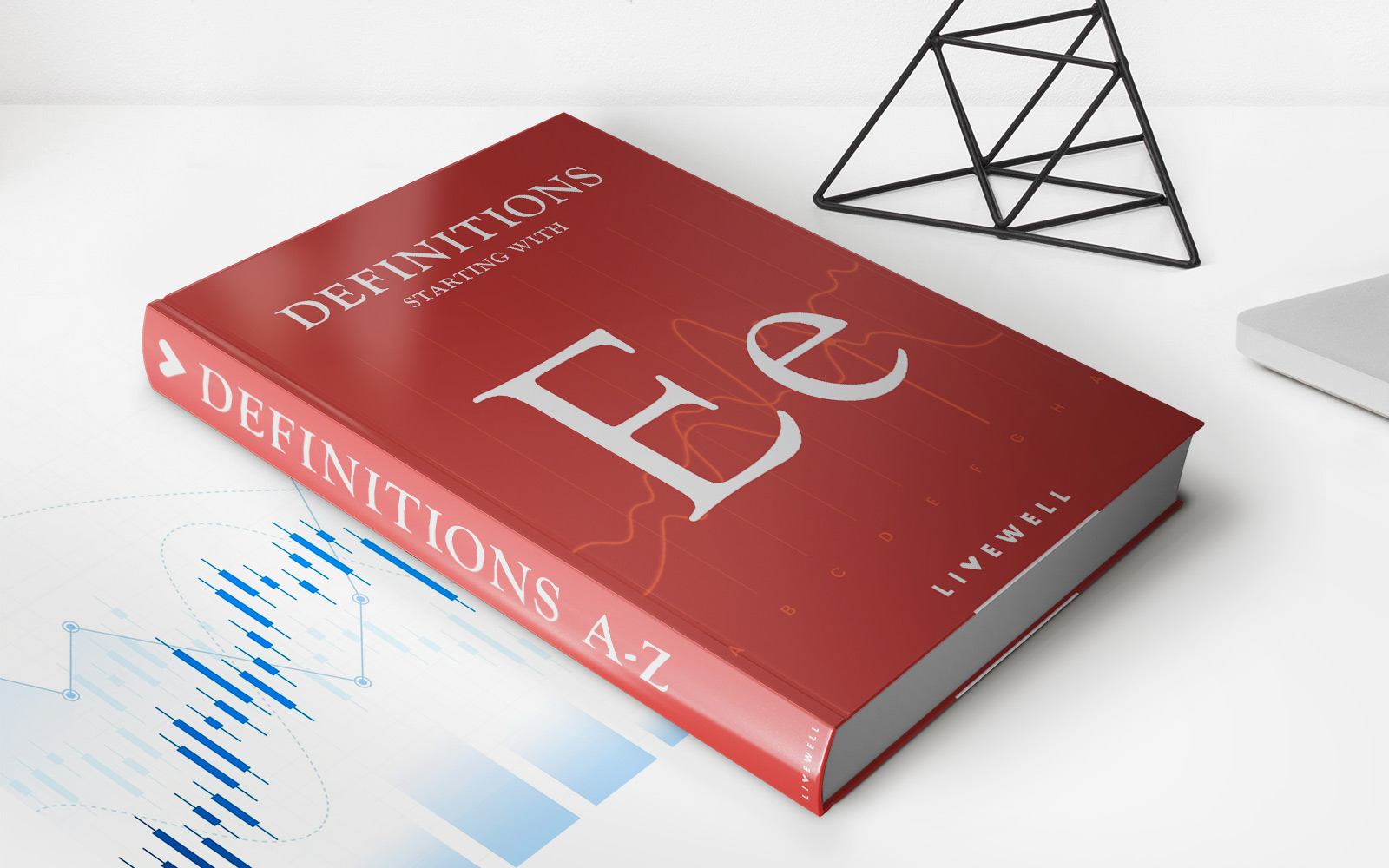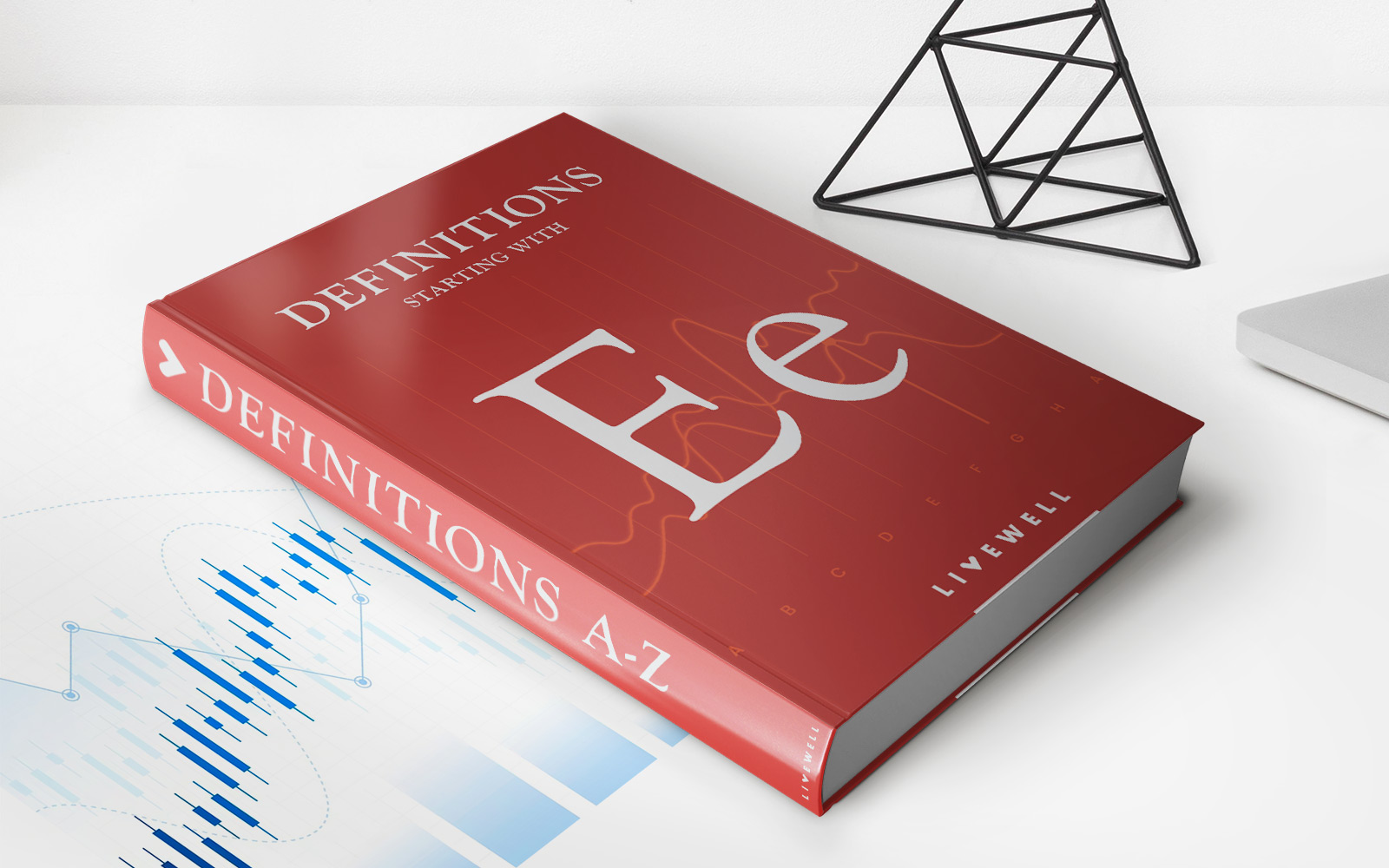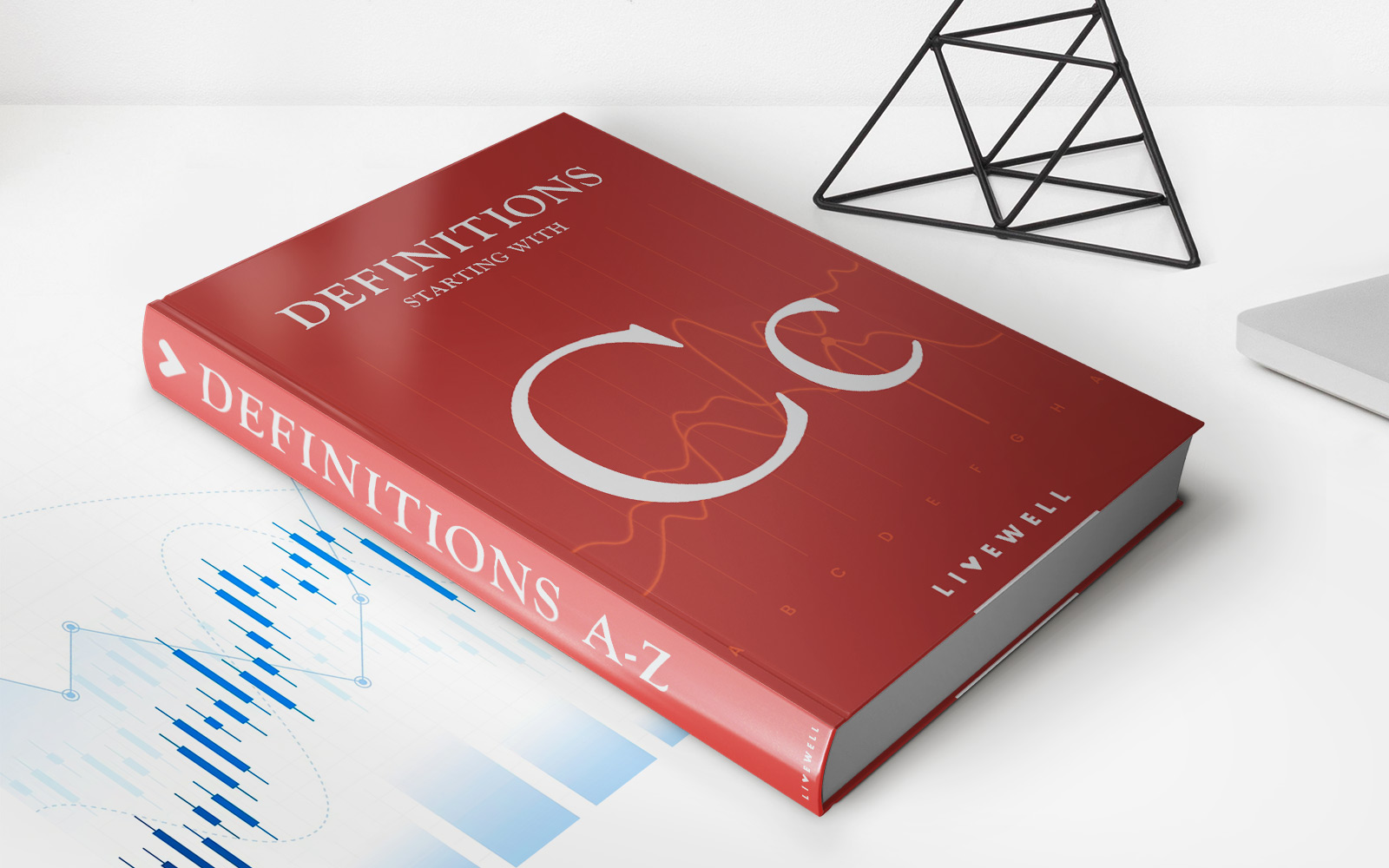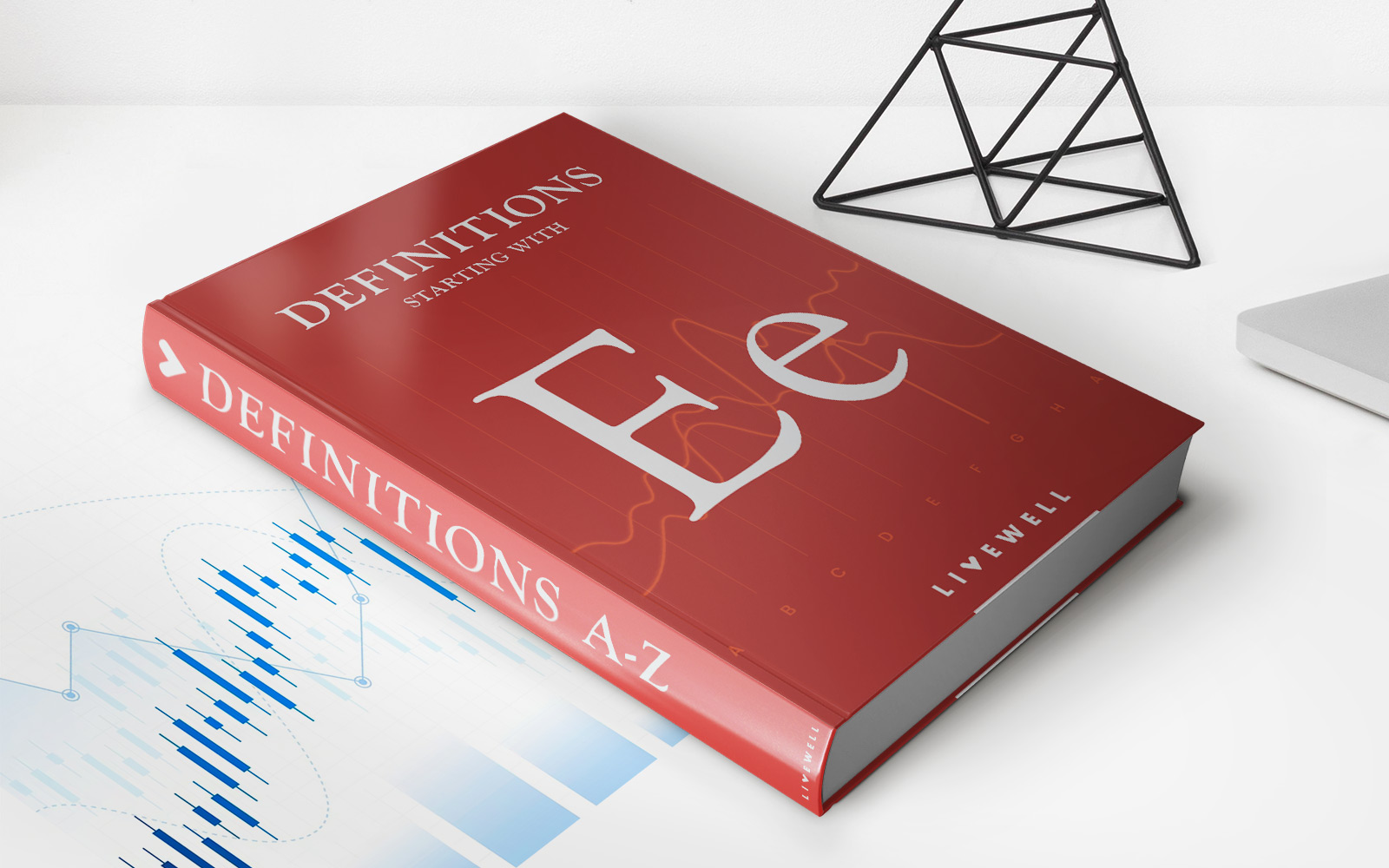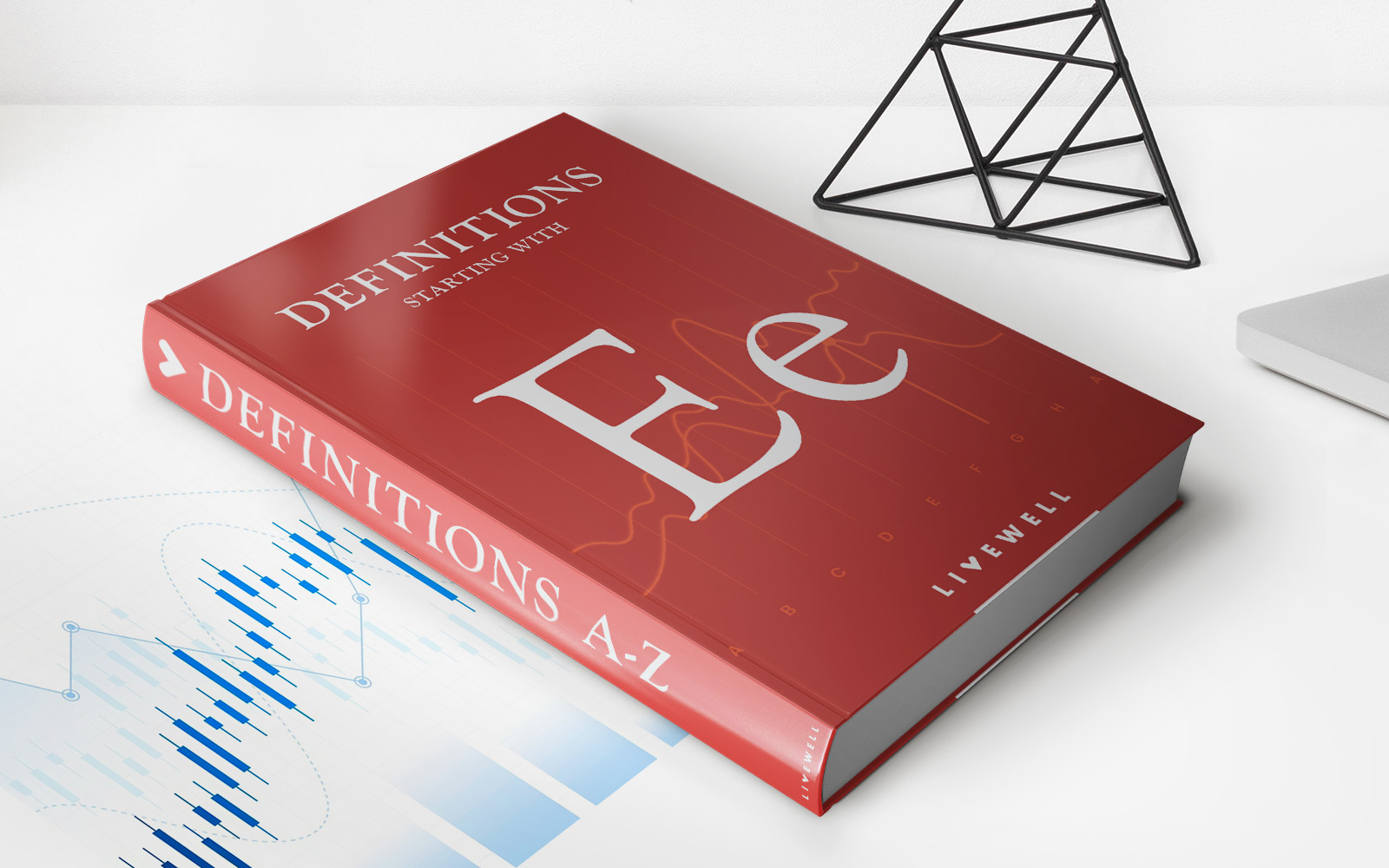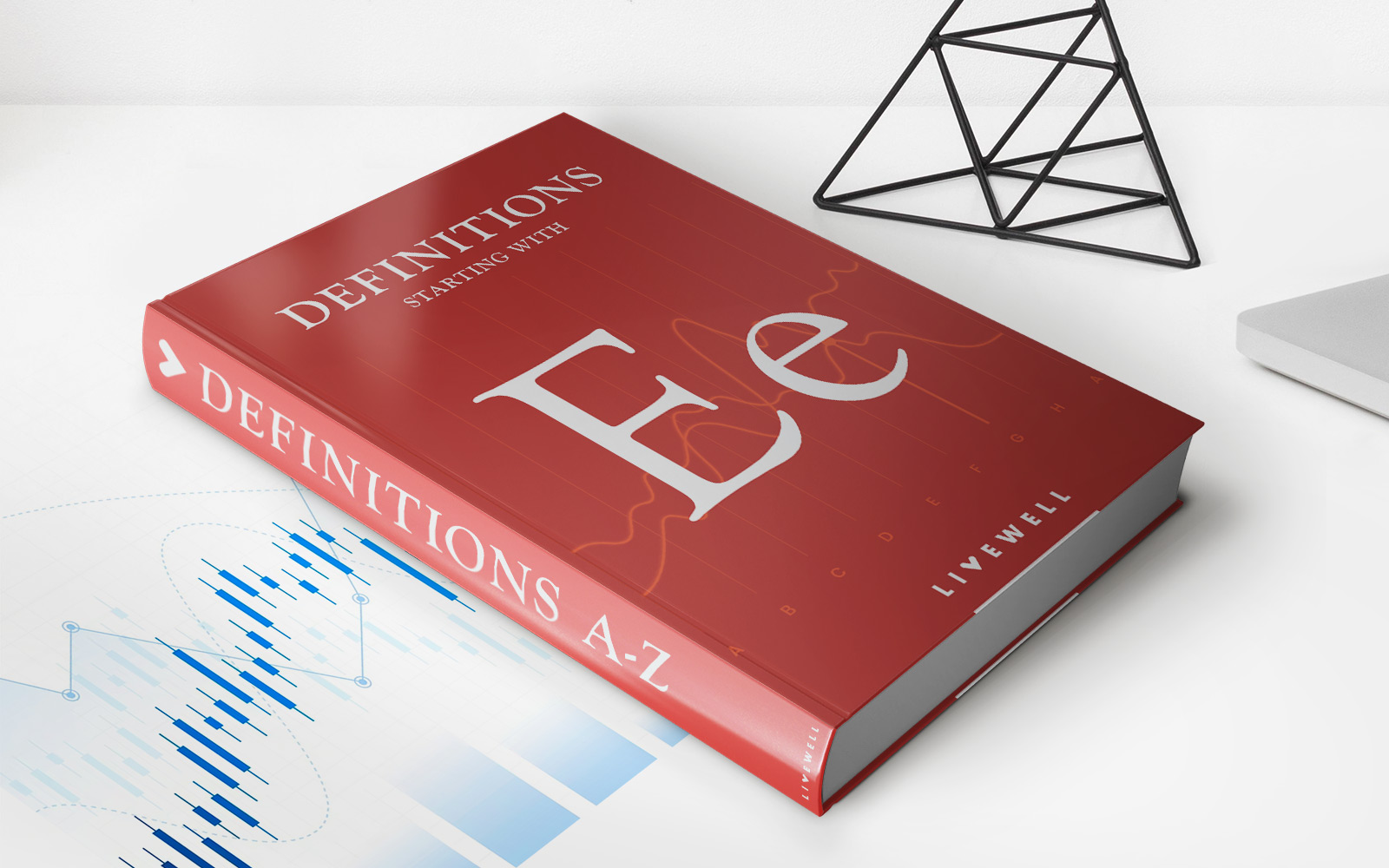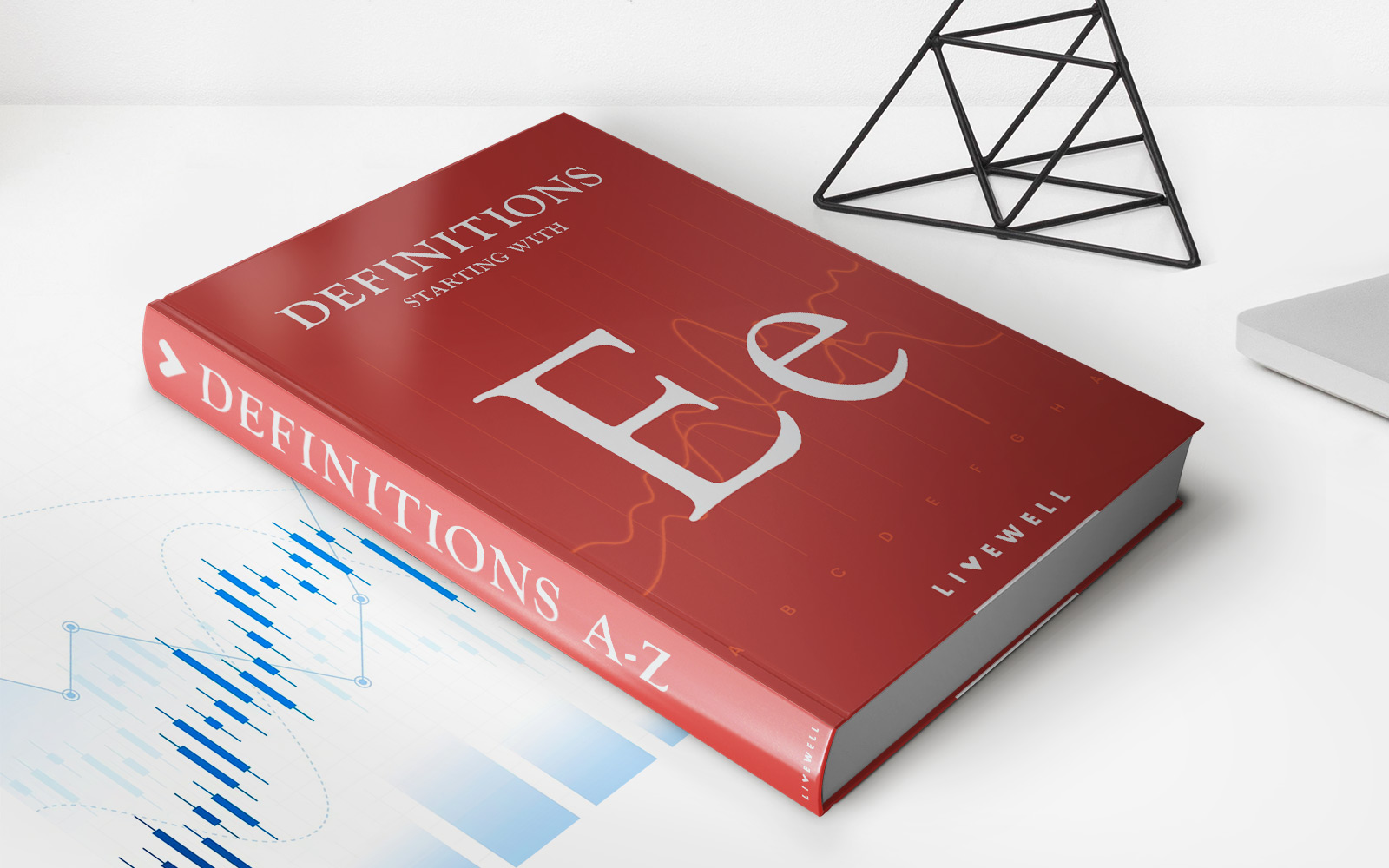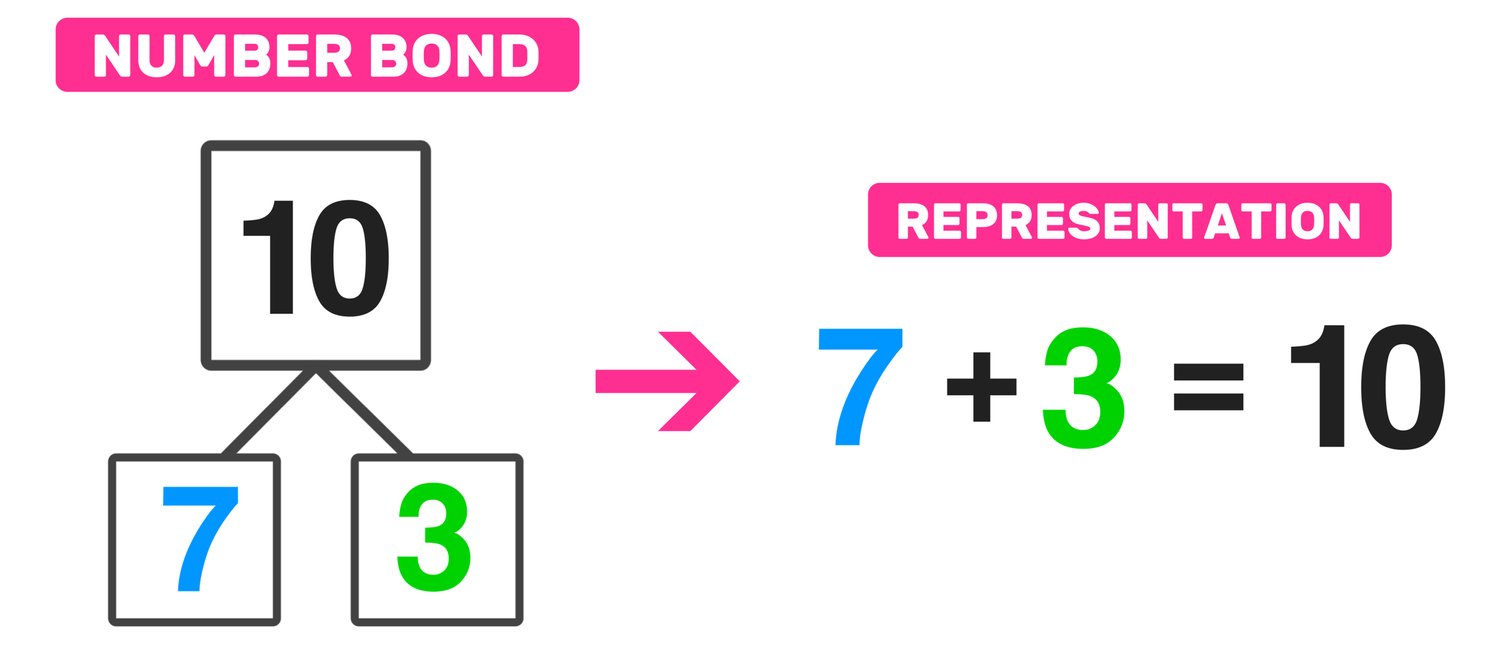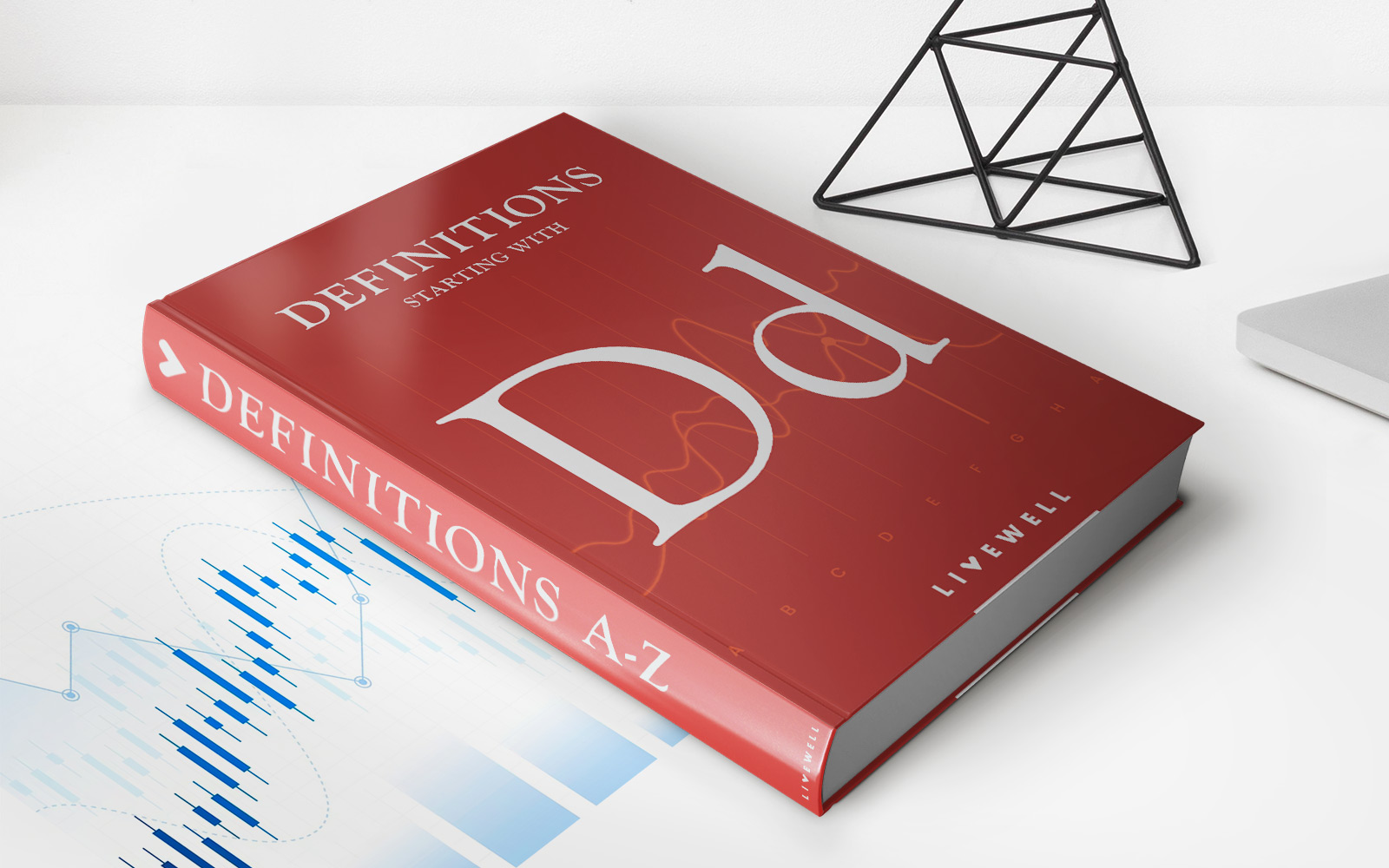

Finance
Delivered Ex Quay (DEQ) Definition
Published: November 10, 2023
Learn the definition of Delivered Ex Quay (DEQ) in finance, a trade term that specifies the seller's responsibility for delivering goods at the quay.
(Many of the links in this article redirect to a specific reviewed product. Your purchase of these products through affiliate links helps to generate commission for LiveWell, at no extra cost. Learn more)
Understanding Delivered Ex Quay (DEQ) – A Comprehensive Guide
Welcome to our Finance category blog post, where we delve into the world of trade and finance to provide you with valuable insights. Today, we are going to unravel the mysteries surrounding Delivered Ex Quay (DEQ), a crucial term in international trade and shipping. Have you ever wondered what DEQ means or how it impacts importers and exporters? Look no further, as we provide you with a comprehensive guide to understanding DEQ and its significance in the global trade landscape.
Key Takeaways:
- Delivered Ex Quay (DEQ) is an incoterm used in international trade, specifically for sea freight. It refers to an agreement between a seller and buyer, where the seller bears the responsibility and cost of delivering goods to a specified quay or port.
- DEQ places the risk and responsibility of unloading the goods onto the buyer, who must arrange for customs clearance, pay import duties, and organize transportation from the quay or port to the final destination.
Now, let’s dive deeper into what Delivered Ex Quay (DEQ) actually means and how it affects various parties involved in international trade.
What is Delivered Ex Quay (DEQ)?
Delivered Ex Quay (DEQ) is an incoterm used in international trade that describes an agreement in which the seller is responsible for delivering goods to a specific quay or port. Under DEQ, the seller is in charge of loading the goods onto the vessel, arranging for transportation to the designated port, and handling export formalities up to that point. However, the transfer of risk and responsibility occurs once the goods are unloaded at the quay or port.
Who Bears the Responsibility and Cost?
In a Delivered Ex Quay (DEQ) agreement, the seller bears the responsibility and cost of delivering the goods to the specified quay or port. This includes packaging, loading, and arranging transportation to the port of destination. The seller also handles export formalities, including obtaining necessary documents and permits.
What Happens After Delivery?
Once the goods are delivered at the quay or port, the buyer takes on the responsibility and cost associated with unloading the goods, arranging for customs clearance, paying import duties, and organizing transportation from the quay or port to the final destination. The buyer is also responsible for any risks or damages that may occur during the unloading process.
Advantages and Considerations
- Advantages of DEQ: DEQ provides clear delineation of responsibilities between the seller and buyer, ensuring transparency and reducing potential conflicts. It allows sellers to focus on production and transport logistics until the goods are delivered to the designated quay or port.
- Considerations for Buyers: Buyers should carefully consider the additional costs and responsibilities associated with unloading, customs clearance, and transportation from the quay or port to the final destination. Adequate planning and coordination are essential to ensure a smooth transition once the goods are delivered.
Understanding Delivered Ex Quay (DEQ) is crucial for importers and exporters engaged in international trade, particularly in sea freight. By comprehending the responsibilities and risks involved in a DEQ agreement, buyers and sellers can effectively manage their transactions, ensure smooth operations, and mitigate potential conflicts.
Thank you for joining us in this insightful journey through Delivered Ex Quay (DEQ). We hope this comprehensive guide has shed light on the intricacies of this incoterm and its role in global trade.
